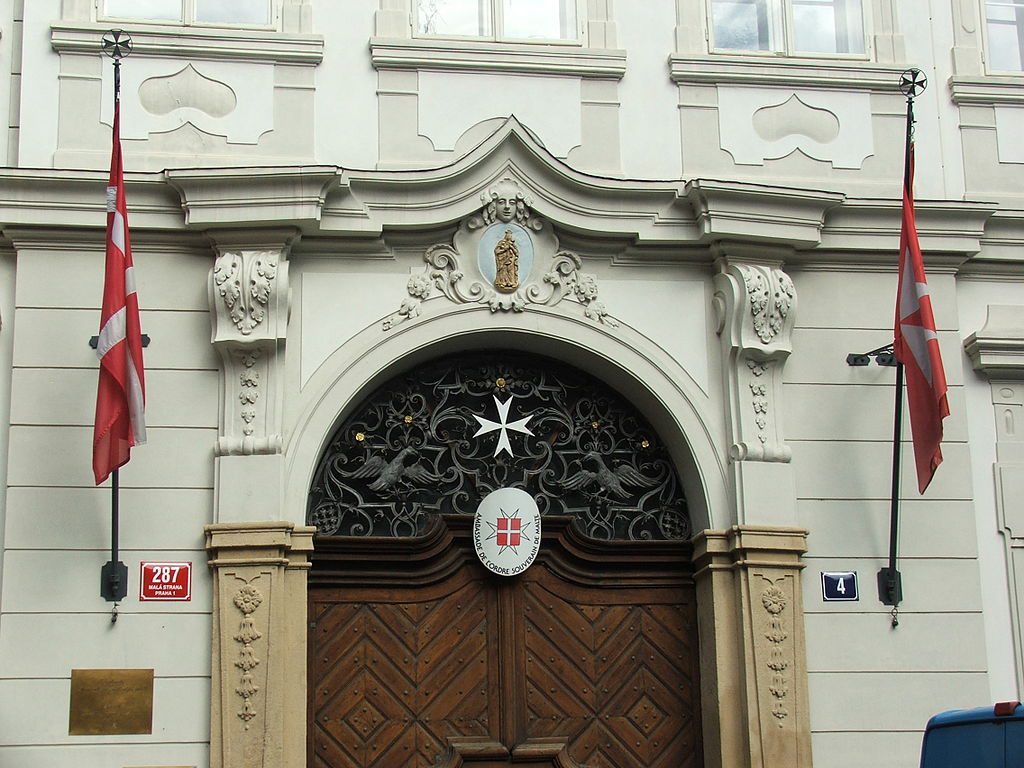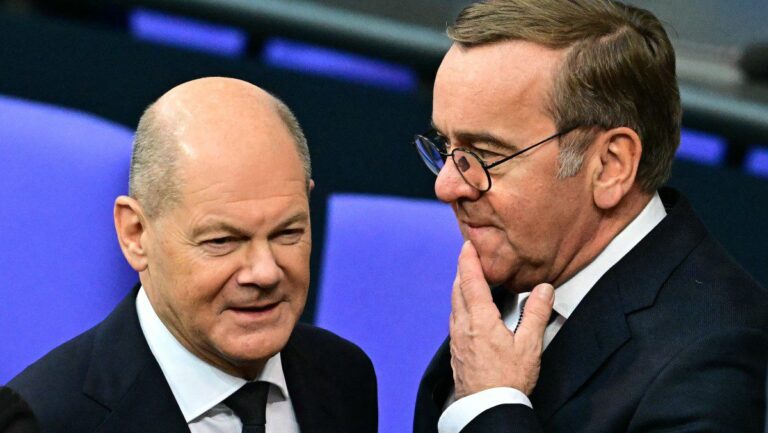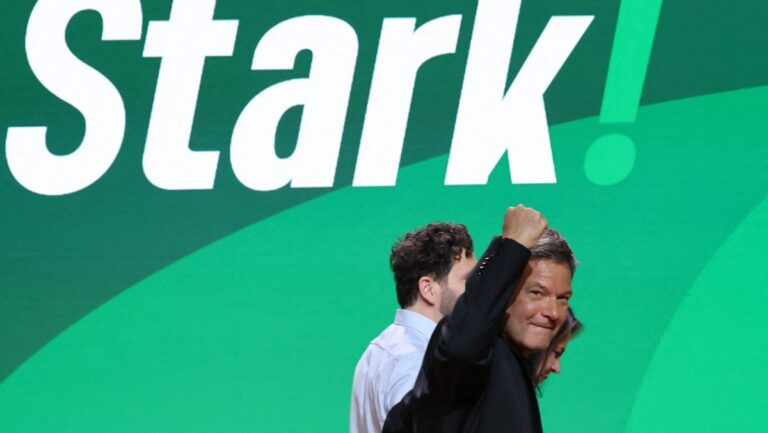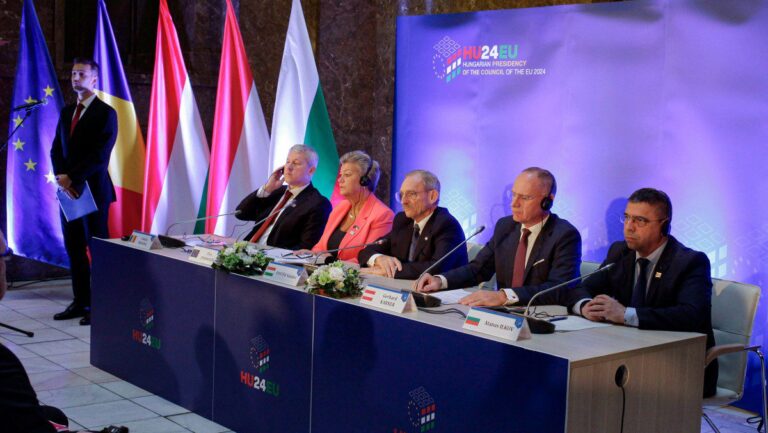After many months of uncertainty, Pope Francis on Saturday, September 3rd, published a new constitution for the Hospitaller Order of Malta. In doing so, he has ended the debate on the Order’s authority to self-govern.
The knightly order, founded in the late 11th century and recognised by Rome in 1113—also claiming to be the oldest charitable organisation in the world—is at a turning point in its history. A deep crisis, emerging in 2016, has provided a pretext for questioning its status as a self-governing institute. The events from 2016-2017, whereby the Pope replaced the Order’s Grand Master with an interim Grand Commander, led to the direct intervention of the Pope to arbitrate between the different ‘lines’ in conflict.
Two crucial issues were the subject of fierce debate. The first pertained to the conformity (or not) of the order’s charitable action with the moral principles defended by the Catholic Church. Of particular issue here was the question of whether the Order should cooperate with the birth-control protocols of other western NGOs who, like the Order, strove to meet humanitarian needs and alleviate poverty. A second issue arose from the Order’s traditional claim to self-sovereignty, which was challenged after the resignation of Grand Master Fra’ Matthew Festing in 2017, which led to the question of its governance by the Holy See. This past Saturday, this question was decided in a revocation of the Order’s sovereign privilege.
Pope Francis took direct control of the Order on September 3rd. He thus put an end to opposition in the same authoritarian way that has come to characterise his pontificate: revoking all the leading offices, essentially dissolving the current Sovereign Council, and in its stead appointing a provisional Sovereign Council. The Frenchman Fra’ Emmanuel Rousseau was appointed as Grand Commander to head the new constitutional charter for the Order, to take effect immediately. The mission of the provisional Sovereign Council is to organise an extraordinary general chapter by January 25th which will be tasked to implement the Pope’s decisions.
Today, the Order of Malta has 13,500 knights worldwide—mostly lay people, with only about 50 religious. They collaborate with nearly 150,000 employees and volunteers deployed in more than 120 countries. The centuries-old institution is both a religious order and an order of lay brothers serving the sick and the poor.
The constitutional reform prepared by Pope Francis, defining the Order explicitly as a “subject of the Holy See,” is grounded in a ruling from 1953, when the Court of Cardinals stated that “the prerogatives of the Order do not constitute that set of prerogatives and powers proper to sovereign states.” Although Pope Francis concluded this ruling had placed the Order as “subordinate to the Holy See,” arbitration dating back to the pontificate of Pius XII recalled the “two qualities” of this institution, both “sovereign order and religious order,” stressing that they were “intimately related.”
The debate is therefore not new, but the terms of the reform are feared by some of the knights who understand what is at stake in the Order’s loss of sovereignty. The Order benefits from its own passports and number plates; furthermore, it enjoys the status of ‘observer’ at the United Nations—a privilege that facilitates its humanitarian intervention in conflict zones because it appears as a neutral actor. Stripped of these dignities, assimilated as a “subject of the Holy See,” the Order’s impact in particularly sensitive areas—in Muslim countries, for example—will certainly suffer. Cardinal Silvano Tomasi, the Pope’s special delegate and kingpin of the constitutional reform, assures us, however, that the new charter should not diminish the order’s sovereignty.
Pope Francis’ aim for the Order of Malta should be framed by his recent reform of Opus Dei: on August 4th, the Pope chose to strengthen ecclesiastic control over Opus Dei, a work that is 98% lay—choice that contradicts his declared fight against “clericalism.” Here again it appears as if the Vatican is wresting control of a lay-led institution for itself. The reform is accompanied by a number of other changes that dons the appearance of hostility. The nobility requirement, for instance, for the main knights of the Order and the Grand Master will be abolished. The lifetime election of the Grand Master will also end. He will now be elected for a ten-year term, renewable once, with an age limit of 85 years. As if to justify these changes, the Order has been accused of ‘exclusivity’ due to the scarcity of non-Europeans in the governing bodies—a scarcity which should hardly surprise us, given the long-standing prerequisite, outlined above, that all main knights should be descended from European nobility. But with that requirement abolished, the drive towards greater diversity can now gather full steam.
The Lieutenant of the Grand Master, His Excellency Fra’ John Dunlap, head of the Provisional Government of the Order, said in a statement that he welcomed the Pope’s move, and thanked both Francis and Cardinal Tomasi “for the care, thoroughness, and love they have exhibited for our Order.”





